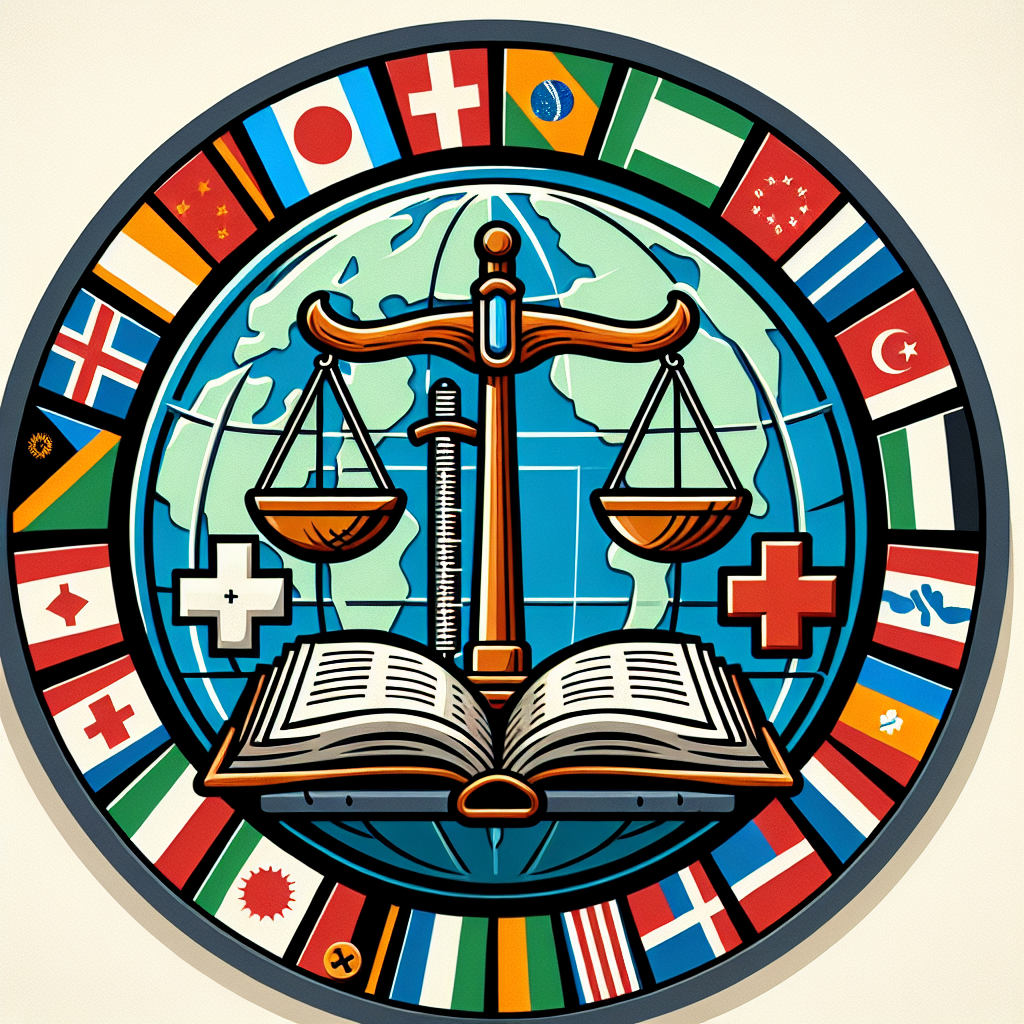UNRWA Perseveres Amid Israeli Ban: A Humanitarian Struggle
The UNRWA continues its humanitarian mission across Gaza and the occupied territories despite an Israeli law banning its operations. The new regulation poses challenges for UNRWA and threatens the fragile ceasefire between Israel and Hamas. The international community expresses concern about the potential humanitarian impact.

The United Nations Relief and Works Agency for Palestine Refugees (UNRWA) remains committed to its humanitarian efforts across Gaza and other occupied territories, despite an Israeli ban on operations. The new law, which took effect in October, restricts UNRWA's activities on Israeli land, including annexed East Jerusalem, and limits communication with Israeli authorities.
The governments of Britain, France, and Germany have expressed their concerns regarding the legislation, highlighting the potential repercussions for Gaza, where aid supplies and personnel typically transit through Israel. UNRWA's Juliette Touma emphasized the agency's pivotal role in supporting up to tens of thousands of Palestinian refugees reliant on their services in education and healthcare.
The ceasefire agreement, which facilitated humanitarian aid and the exchange of hostages, remains fragile. Stone-throwing incidents and checkpoint delays have further strained the agency's operations in the West Bank and East Jerusalem. As the international community closely monitors the situation, urgent medical evacuations are essential to prevent further humanitarian crises.
(With inputs from agencies.)










